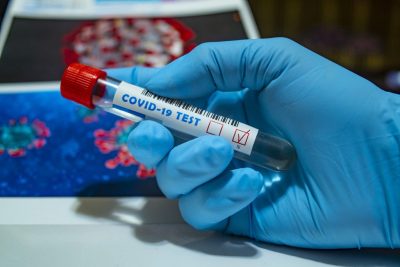Video: Why Lockdowns Are the Wrong Policy. Sweden’s Covid-19 Strategy

That was one of the more extraordinary interviews we have done here at UnHerd.
Professor Johan Giesecke, one of the world’s most senior epidemiologists, advisor to the Swedish Government (he hired Anders Tegnell who is currently directing Swedish strategy), the first Chief Scientist of the European Centre for Disease Prevention and Control, and an advisor to the director general of the WHO, lays out with typically Swedish bluntness why he thinks:
- UK policy on lockdown and other European countries are not evidence-based
- The correct policy is to protect the old and the frail only
- This will eventually lead to herd immunity as a “by-product”
- The initial UK response, before the “180 degree U-turn”, was better
- The Imperial College paper was “not very good” and he has never seen an unpublished paper have so much policy impact
- The paper was very much too pessimistic
- Any such models are a dubious basis for public policy anyway
- The flattening of the curve is due to the most vulnerable dying first as much as the lockdown
- The results will eventually be similar for all countries
- Covid-19 is a “mild disease” and similar to the flu, and it was the novelty of the disease that scared people.
- The actual fatality rate of Covid-19 is the region of 0.1%
- At least 50% of the population of both the UK and Sweden will be shown to have already had the disease when mass antibody testing becomes available
In just a few short months Anders Tegnell, architect of Sweden’s unique response to the Covid-19 pandemic, has gone from unknown physician and technocrat to a household celebrity in Sweden and in countries around the world. He is beloved by some (people have even had tattoos made with his face) and intensely disliked by others. Today he is suntanned and relaxed, having just returned from his summer holiday, and wearing an open-necked polo shirt. Here is a summary of what he said:
- In terms of migrants, travel and urban areas Sweden is more similar to the Netherlands and the UK than Norway or Finland
- Lockdown may have made a difference, but closing schools and people being out of work is also bad for public health
- Numbers of new infections arriving at the same time seems to make a big difference, so Stockholm half-term travellers to the Alps a big factor for Stockholm epidemic
- Eradication is not an option, ‘we have to learn to live with this disease’
- Evidence for masks still very weak, and they may yet be counterproductive. With all the trends going sharply down, it would make no sense to introduce them now
- Additional immunity such as T cells playing a substantial role in slowing spread
- ‘what we see right now is a rapid fall in the number of cases, and of course some kind of immunity has to be involved in that as nothing else has changed.’
- Sweden will be better placed than other countries to limit further waves and outbreaks because of higher immunity
- IFR of Covid-19 in final account will be 0.1% to 0.5% “and that is not radically different to what we see with the yearly flu”
- Judge me in a year, he says.
*
Note to readers: please click the share buttons above or below. Forward this article to your email lists. Crosspost on your blog site, internet forums. etc.

